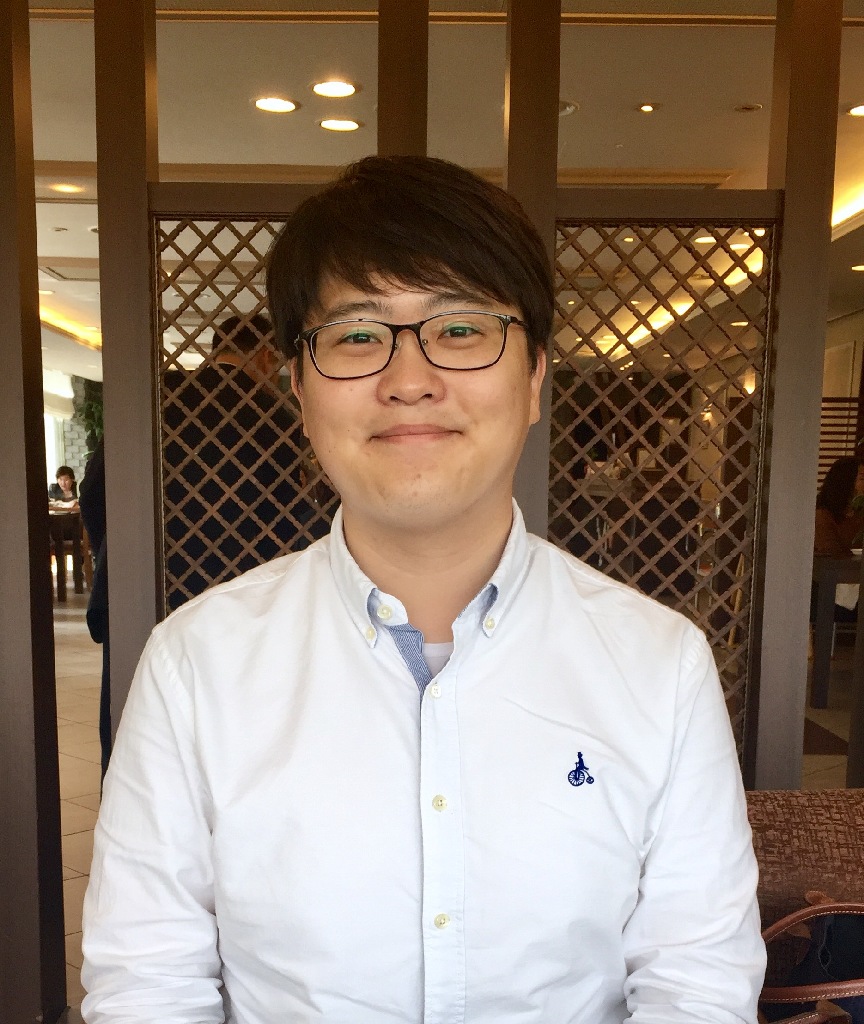
Short biography:
I am a postdoctoral research assistant at the University of Edinburgh. I am working on terrestrial carbon modelling and forest fire risk mapping under Forests2020 project sponsored by the UK Space Agency. Especially, I am focusing on how large-scale atmospheric circulation changes (e.g. El Nino) interact with fire activity over the world. I earned a PhD from Pohang University of Science and Technology in South Korea and master and bachelor degrees from Seoul National University.
Abstract:
Terrestrial Arctic is a critical region for positive carbon-climate feedback because of the release of considerable organic carbon from the permafrost buried in the soil. Fires rapidly transfer carbon to the atmosphere. Thus, carbon release through boreal fires could considerably accelerate Arctic warming; however, boreal fire occurrence mechanisms and dynamics remain largely unknown. Herein, we analyse fire activity and relevant large-scale atmospheric conditions over south eastern Siberia, which has the largest burned-area fraction in the circumboreal and high-level carbon emissions due to high-density peatlands. It is found that the annual burned area increased when a positive Arctic Oscillation (AO) takes place in early months of the year, despite peak fire season occurring one to two months later. A local high-pressure system linked to the AO drives a high-temperature anomaly in late winter, causing premature snowmelt. This causes earlier ground surface exposure and drier ground in spring owing to enhanced evaporation, promoting fire spreading. Recently, south eastern Siberia has experienced warming and snow retreat; therefore, south eastern Siberia requires appropriate fire-management strategies to prevent massive carbon release and accelerated global warming.
Arranged date for the seminar talk: Feb 03, 2020 at 14:15
Bjerknes lecture room 4020, Jahnebakken 5
